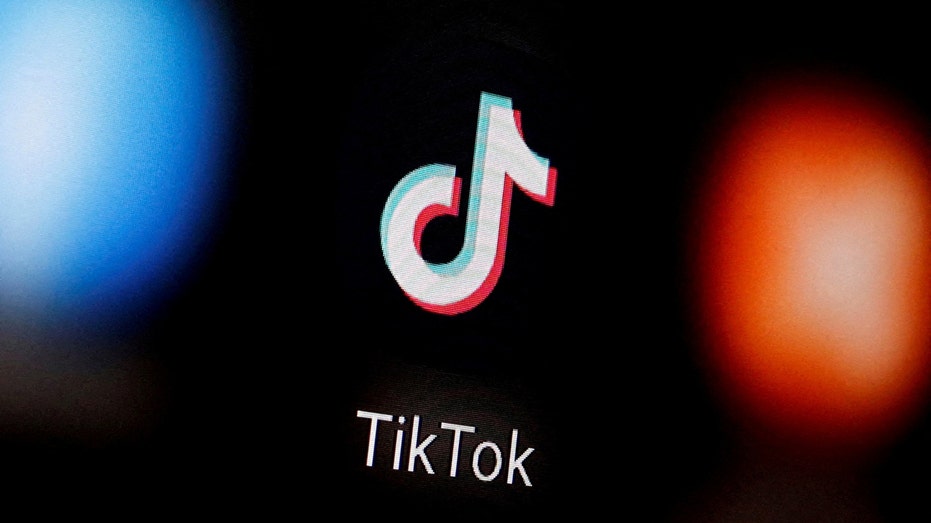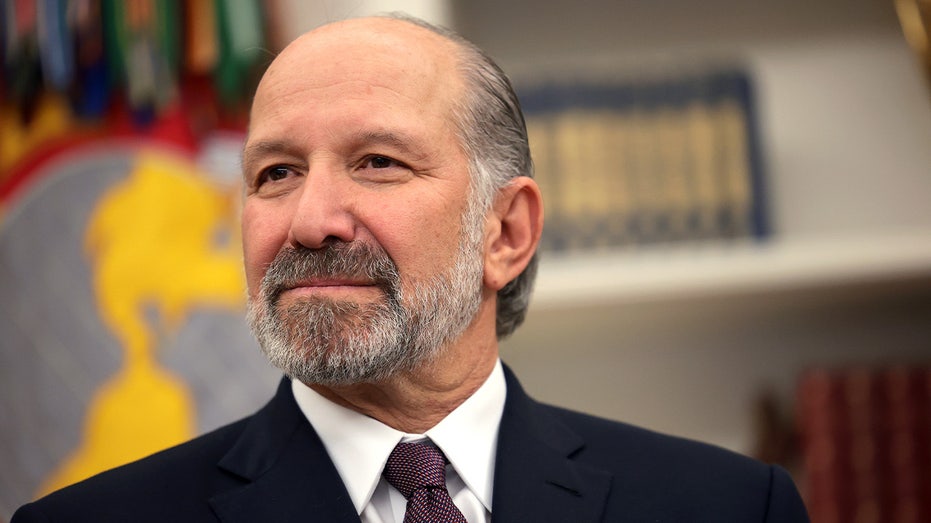President Donald Trump tried to ban TikTok during his first term, but during his second term he says he is a “fan” of the social video-sharing app.
U.S. leaders have done a stunning about-face on TikTok, leaving the public to question whether years of dire warnings about a national security threat were overstated from the start.
Just four years ago, President Donald Trump tried to ban the short-form video app outright, declaring that its Chinese ownership through ByteDance posed “credible” dangers to American data and security. Now, his White House boasts an official TikTok account, and the president dismisses those same concerns as “highly overrated.”
The shift reflects both Washington’s political recalibration and the app’s growing popularity. Trump’s 2024 campaign leaned heavily on TikTok’s reach, amassing millions of followers. Last week, the White House formally launched an account, underscoring a complete reversal from his first-term stance.
Congress, meanwhile, had taken a much harder line. In 2024, lawmakers overwhelmingly passed a divest-or-ban law, demanding ByteDance sell TikTok’s U.S. operations or face removal from American app stores. But since returning to office, Trump has extended the divestiture deadline three times — and promised to continue doing so — effectively sidelining the law.
WHITE HOUSE LAUNCHES OFFICIAL TIKTOK ACCOUNT WITH TRUMP FEATURED PROMINENTLY IN DEBUT VIDEO
Just four years ago, President Donald Trump tried to ban the short-form video app outright, declaring that its Chinese ownership through ByteDance posed “credible” dangers to American data and security. (Reuters/Jonathan Ernst / Reuters)
Some lawmakers have protested. Sen. Mark Warner, D-Va., warned Trump’s extensions were “against the law” and “a sham if the algorithm doesn’t move from out of Beijing’s hands.” Rep. John Moolenaar, R-Mich., chair of the House China Select Committee, argued in June that the U.S. should “let [TikTok] go dark.” Yet, beyond a few outliers, Congress has mounted little resistance to Trump’s unilateral delays.
“I’m really not concerned. I think it’s highly overrated … I’m a fan of TikTok,” Trump said Friday when asked about data security risks.
That’s a sharp departure from 2020, when he signed executive orders to force a sale of TikTok’s U.S. business and threatened to shut down the app altogether. Those efforts collapsed in court, and President Joe Biden later revoked the orders in 2021, replacing them with a broader national security review.
Critics argue the threat has not changed, only Trump’s priorities. “None of the national security considerations have changed from the president’s first term to his current term,” said Michael Sobolik, a senior fellow at the Hudson Institute. “What has changed is the political environment: TikTok turned out to be politically useful for President Trump.” Sobolik also pointed to Trump’s ties with billionaire donor Jeffrey Yass, who owns a stake in ByteDance: “It’s pretty clear that political support from [Yass] seems to have had some influence on him as well.”
Public sentiment has softened too. A recent Pew survey found only about one-third of Americans support banning TikTok, down from 50 percent in March 2023. Another third oppose a ban outright, while the rest remain undecided.

A U.S. federal appeals court on Friday upheld a law requiring Chinese-based ByteDance to divest its popular short video app TikTok in the United States by early next year or face a ban. (Dado Ruvic/Reuters / Reuters)
Experts say that ambiguity is mirrored in Washington. Anupam Chander, a Georgetown law professor who studies global tech regulation, noted that the 2024 law’s authors repeatedly insisted they weren’t banning TikTok but forcing a sale. “Now, when it comes to enforcement, there’s a question as to what you want to enforce: Congress’s statements about what the law said, or the text of the law itself,” he said.
TRUMP BLASTED FOR ‘STEEP CONCESSIONS TO BEIJING’ AFTER CHIP DEAL, CANCELED TAIWANESE VISIT
Skeptics continue to warn that TikTok could be compelled to hand over user data to Beijing, or that its powerful algorithm could be weaponized to shape American opinion. In April, after Trump slapped steep tariffs on Chinese imports, Beijing reportedly pulled back from negotiations over TikTok and began amplifying anti-tariff content on the platform. “It’s clear China is using TikTok to turn Americans against Trump’s own policies—and yet he’s still not enforcing the law,” Sobolik said.
Commerce Secretary Howard Lutnick, however, has struck a firmer tone. In a CNBC interview on July 24, he warned that “if [China] doesn’t approve the deal, then TikTok is going to go dark.” So far, though, Trump has signaled no appetite for letting that happen.

Howard Lutnick listens as U.S. President Donald Trump delivers remarks before Lutnick is sworn in as Commerce Secretary in the Oval Office at the White House on February 21, 2025 in Washington, DC. (Win McNamee/Getty Images / Getty Images)
The next deadline looms Sept. 17. Each extension has made a ban look less likely, and with TikTok now fully integrated into Trump’s political playbook, the U.S. government’s once-urgent alarm over the app seems to have faded into the background.
GET FOX BUSINESS ON THE GO BY CLICKING HERE
Sobolik warned that any deal that China would be willing to accept would likely be a “fig leaf.”
“If the CCP were willing to sell TikTok they would’ve sold it a long time ago. They care about the strategic value of the app more than they care about the monetary value.”